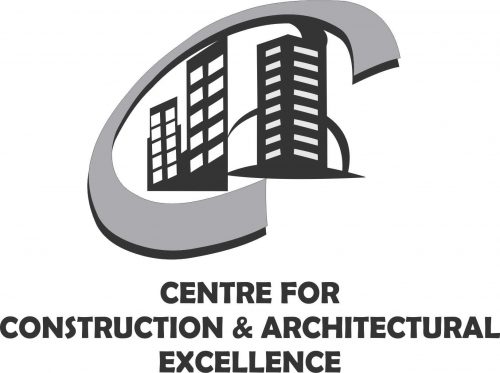The planning and management of the construction of structures is a critical aspect of the construction industry. It involves the use of various techniques and tools to design, plan, and execute construction projects effectively and efficiently. The goal of construction planning and management is to ensure that the project is completed on time, within budget, and to the specified quality standards.
One of the key aspects of construction planning and management is project scheduling. Project scheduling involves creating a detailed schedule of all the tasks and activities that need to be completed to complete the project. This includes identifying the sequence of tasks, determining the duration of each task, and identifying any dependencies between tasks. Project scheduling helps to ensure that the project is completed on time and within budget.
Another important aspect of construction planning and management is resource management. Resource management involves identifying and allocating the necessary resources, such as labor, equipment, and materials, to complete the project. It also involves managing the use of these resources to ensure that they are being used in the most efficient and cost-effective way possible.
Risk management is also a crucial aspect of construction planning and management. It involves identifying and assessing potential risks associated with the project, such as delays, cost overruns, or safety hazards, and developing strategies to mitigate or avoid these risks. Effective risk management helps to ensure that the project is completed successfully and with minimal disruptions.
In recent years, there has been an increased focus on sustainability in construction. Sustainable construction involves designing and building structures that are energy-efficient, use renewable resources, and have minimal impact on the environment. Construction planning and management plays a crucial role in ensuring that sustainable construction projects are completed successfully. This includes identifying and incorporating sustainable design strategies, such as the use of green building materials and energy-efficient systems, into the project.
In conclusion, construction planning and management is a critical aspect of the construction industry. It involves the use of various techniques and tools to design, plan, and execute construction projects effectively and efficiently. Key components of construction planning and management include project scheduling, resource management, risk management, and sustainable construction. Effective planning and management helps to ensure that the project is completed on time, within budget, and to the specified quality standards, while also addressing the environmental impact of the project.
Keywords: Construction Planning and Management, Project Scheduling, Resource Management, Risk Management, Sustainable Construction, Design, Execution, Quality Standards, Time, Budget, Environmental Impact.
